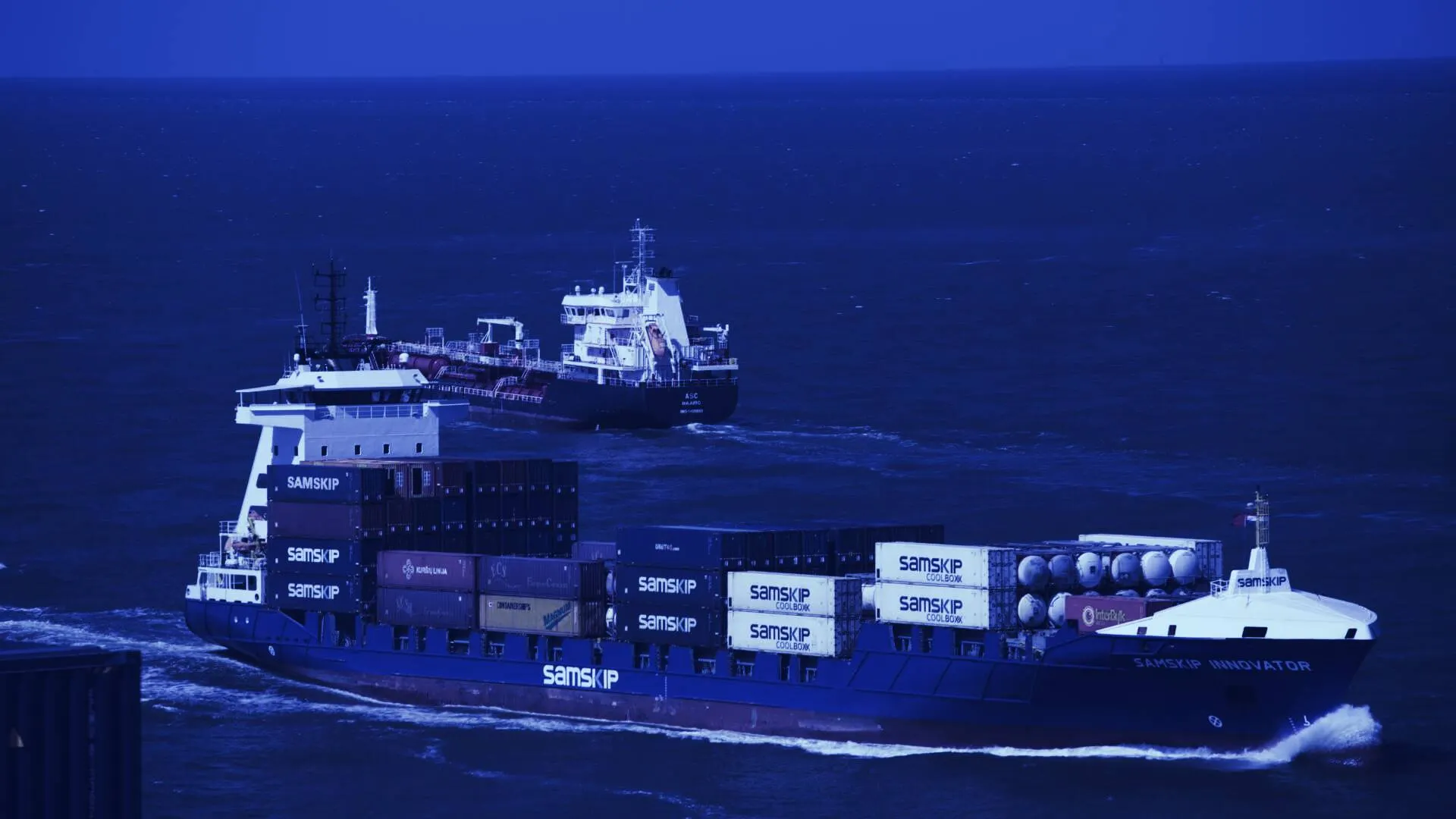We do the research, you get the alpha!
Forensics and blockchain technology are coming together to help track maritime fuel supplies.
London-based startup BunkerTrace is hoping to improve accountability by putting synthetic DNA into the fuel—known as “bunker”—at each stage of the supply chain, which will then be logged on the blockchain.
Blockchain developer BLOC and DNA product marking company Forecast Technology have teamed up to create a DNA-based audit trail for the fuel and any changes made to it via the bunkering, or refueling, process. According to BunkerTrace, the DNA-based tagging and the blockchain means that stakeholders can ensure that the fuel they are transporting, selling, buying, or loading is what it’s meant to be, regardless of it being mixed or blended.
The trial comes at an important time as new rules reducing the amount of sulphur in fuel are coming into effect in January 2020.
In a statement, Marc Johnson, CEO of BunkerTrace, said: “As IMO 2020 approaches, we’re seeing fundamental changes to the dynamics of the bunkering market, which in turn creates uncertainty and risk: risk for owners, charterers, credit providers and financiers in the fuels they buy or fund; risk for insurers in establishing the risks they must manage; risk for operators and the fuels they burn; and for enforcers policing the fuels market.”
The launch of BunkerTrace’s process follows the completion of trials with bunker buying pool Cooperative Bebeka and bunkerer Minerva. BunkerTrace’s DNA tag was added to fuel as it was loaded onto a Minerva barge. While the fuel was being added, tests were taken to determine the presence of the tag. Those involved say that it took less than two minutes to locate the tag in a concentration of two parts per billion.
Pablo Sansó Gil, head of sales (EMEA) at Minerva, said that “these are unprecedented times for the bunkering market.”
“As suppliers, it’s vital that we can increase our levels of transparency and build trust with our customers.”





